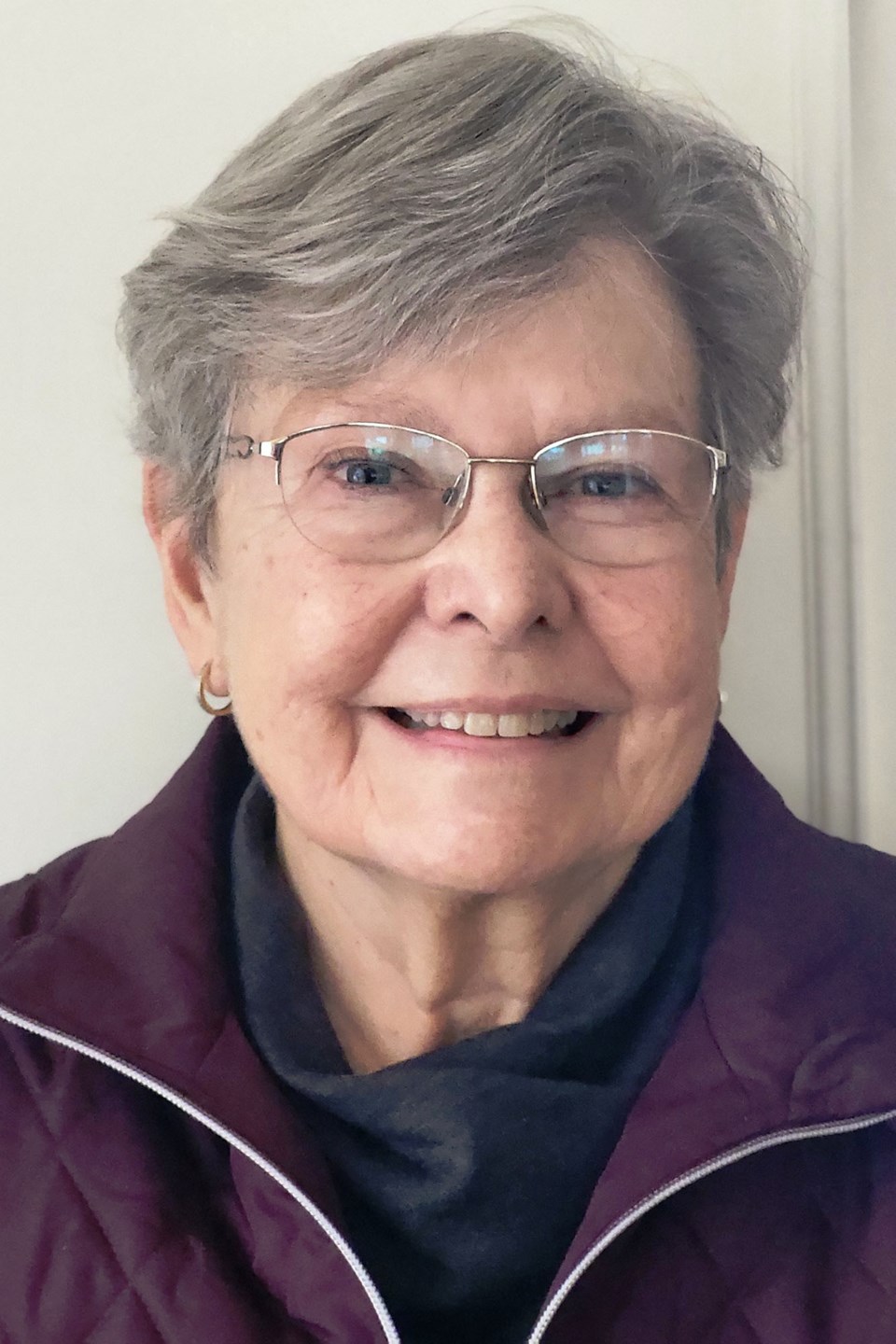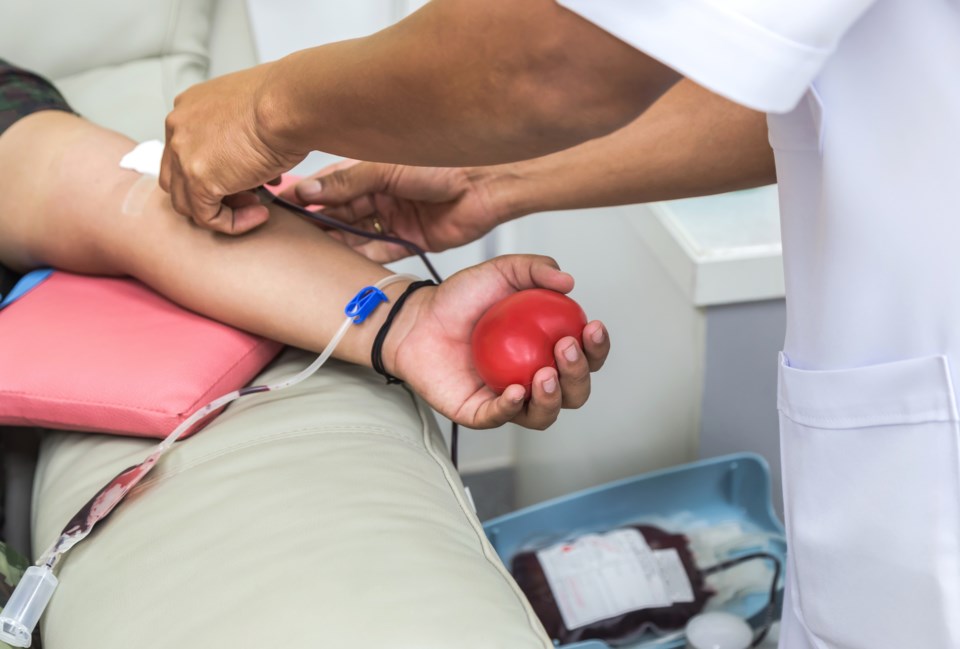BURLINGTON - With World Anemia Awareness Day taking place Feb. 13, Burlington resident Ros Reycraft is keeping a positive attitude in her fight against both anemia and myelofibrosis.
Anemia, which is a condition where the body does not have enough red blood cells or hemoglobin to carry oxygen through the body, is commonly caused by lack of iron or B12 in the diet but can also be the result of blood cancers, such as myelofibrosis, reducing the bone marrow’s ability to produce red blood cells.
Symptoms of anemia can be vague and non-specific, such as tiredness, weakness, shortness of breath, chest pain, irregular heartbeat and more.
“Fatigue is a big issue,” Reycraft said. “It makes me stop and think, I have to spread out what I do rather than going full-force into things. I have to spread it out and take a rest in between.”
Reycraft was first diagnosed with blood cancer in 2011 when she was told she had essential thrombocythemia, a rare type of blood cancer that affects the bone marrow. Her cancer evolved and changed over the years, and she was eventually diagnosed with myelofibrosis, a rare type of cancer that causes scarring on bone marrow.

Anemia itself can also be caused by the medications meant to treat myelofibrosis, which can complicate the treatment process.
“It can make cancer very difficult to treat,” Dr. Christopher Hillis, Chief of Oncology for Hamilton Health Sciences and Reycraft’s doctor, said. “Sometimes you can develop anemia because of your cancer treatment. We get rid of the cancer cells, but sometimes the red blood cells are diminished as well which can make continuing cancer therapies difficult when blood levels get too low. People can develop symptoms of anemia in addition to cancer, and they may require extra treatments such as red blood cell transfusions.”
Since being diagnosed, Reycraft has found that she has had to rely on other people more and more when it comes to volunteering or hosting her family for events.
“From a family point of view, I rely more on my kids now,” she said. “When we get together, we have to ask them to bring and supply different things and there’s more reliance on them. When we have celebrations or when we go to the cottage, I have to ask them to bring more or help more because I can’t do it all by myself anymore.”
Reycraft is part of support groups for people with blood cancer and has shared her story with others who are struggling in the same way she is, which has helped to not only make others feel like they aren’t going through the process alone, but has uplifted her as well by being able to share her experiences.
“People with myelofibrosis need to have a positive attitude because there are new things coming for us,” Reycraft said. “I can’t believe the advancements that have been made since I was diagnosed. I’m amazed because it’s a rare blood cancer, but there’s lots of research going on for it. You have to look for a bright future.”
Recent advancements in medicine have led to the creation of momelotinib, which was approved by Health Canada in November 2024, which can help to treat both myelofibrosis and anemia in patients.
“The problem with previous treatments was that they would also reduce the blood count and compound the issues for these patients,” Hillis said. “Momelotinib not only helps with some of the symptoms, but also changes how iron is handled in the bone marrow and improves the anemia by improving production of red blood cells.”





